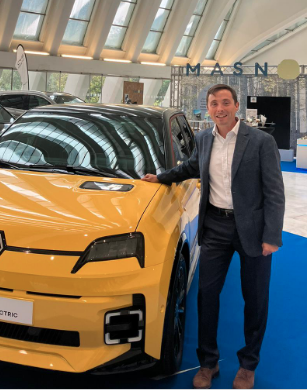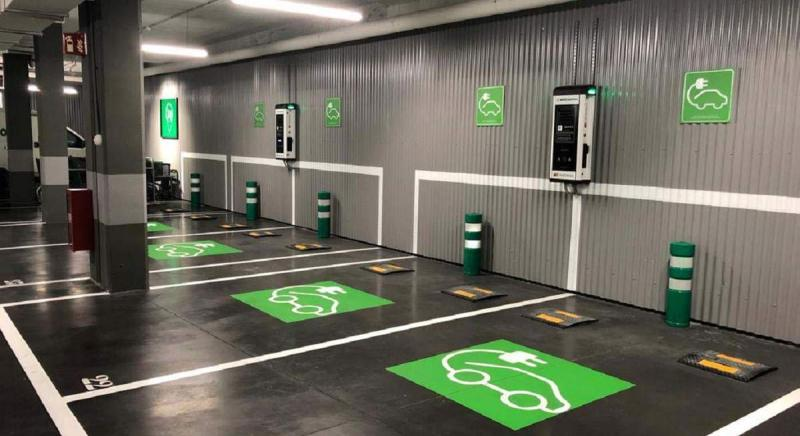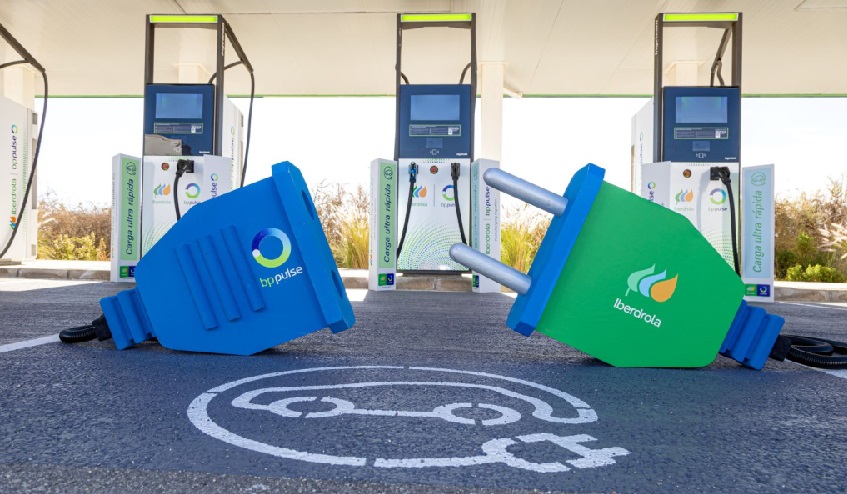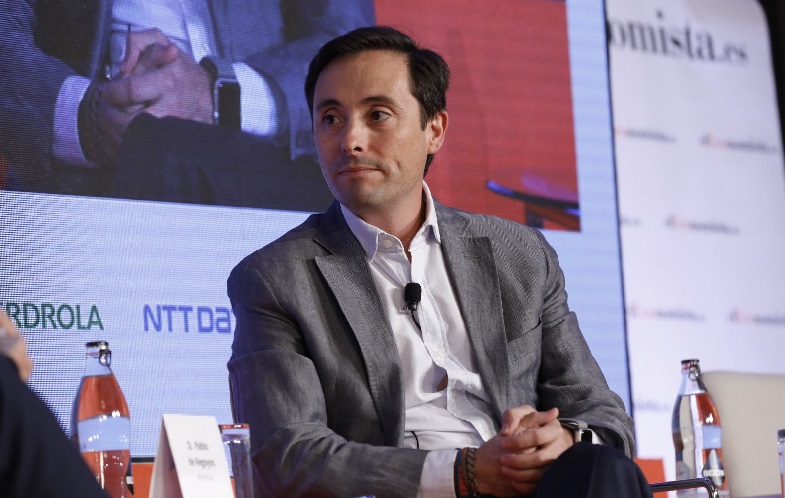“Iberdrola has one of the largest public charging networks in Spain, with around 7,600 points. By the end of the year, we will add another 1,500, which will significantly increase our capacity,” comments Pablo Regoyos during a recent interview.
And that’s not all…
In an exclusive dialogue with Mobility Portal Europe, and within the framework of MOVEO, the executive confirms the company’s intentions for 2024.
The figures position the company on track to surpass Tesla in terms of positioning, which currently leads with 720 fast-charging points.

“We expect to exceed them during this period,” confirms Regoyos.
The accelerated growth of the multi-energy company in the eMobility charging sector is backed by collaboration with bp pulse.
The aim is to reach 11,700 fast and ultra-fast charging points in the Iberian Peninsula by 2030.
And that’s not all.
To highlight some milestones of Iberdrola, it is worth noting that a few months ago, the construction of the most powerful electric charging station in the country began.
Where? In the Community of Madrid, specifically between Leganés, Getafe, Fuenlabrada, and Alcorcón.
The station will feature 47 charging points with a total power of 5.6 MW.
This station will not only be the most powerful but will also integrate a solar community, allowing energy self-consumption for 92 families.
How did Iberdrola’s network perform during the holiday period?
The summer of 2024 has been crucial for Iberdrola’s charging network, marking a 40% increase in usage compared to the previous year.
According to Regoyos, this rise reflects the growing confidence of users in the public charging infrastructure.
“We are very pleased to see how the usage of our network has significantly increased during the holiday period,” he states.

One of the factors that has contributed to the success of the network has been the high availability of chargers.
“This year, we have achieved an availability rate of 95 to 98%, which is excellent. This means that when a user arrives at a charging point, they can be sure it will work,” Regoyos explains in this regard.
Ensuring the operability of chargers is one of the most complex challenges in the sector, but for Iberdrola, it is a primary objective, especially during the holiday season when demand is highest.
“There is no worse feeling than travelling with your family and arriving at a charger only to find that it doesn’t work. We have worked hard to avoid that situation,” emphasizes the Iberdrola executive.
The role of the Administration and the Moves Grants
Despite these advancements, Regoyos acknowledges that the success of the electromobility sector would not be possible without the support of government aid programmes, such as the Moves Plan.
“Without subsidies, there are no purchasing decisions. It is the key factor that motivates people to buy electric vehicles,” he stated.
The Moves Plan has been vital in incentivising electric vehicle sales in Spain, and although there have been criticisms regarding its complexity, delays in payments, and lack of predictability regarding its continuation, Regoyos is confident that improvements will continue to be made.
The sector has experienced moments of uncertainty; that cannot be denied, and this is reflected in what happened just before the Moves programme was extended.
“Sales plummeted when the extension of the programme had not yet been confirmed, which shows how important it is for our sector,” Regoyos recalls.

In other countries, such as Germany, the direct impact of withdrawing subsidies has been observed: electric vehicle sales plummeted drastically until the grants were reinstated.
Such fluctuations demonstrate the need for constant government support.
By 2025, Iberdrola plans to have installed 100,000 charging points in homes, businesses, and public roads.
This ambitious plan, which includes charging stations located every 50 kilometres along key corridors, will position the company as a key player in the eMobility transition in Spain.
Additionally, in collaboration with major companies like Mercadona, Vodafone, and Airbus, the firm has also expanded its private charging solutions, focusing on fleets and employees.
In this regard, Regoyos concludes: “We want to end 2024 as leaders in the fast-charging sector and face 2025 with renewed energy, actively contributing to the sustainability of transport,” Regoyos concludes.








